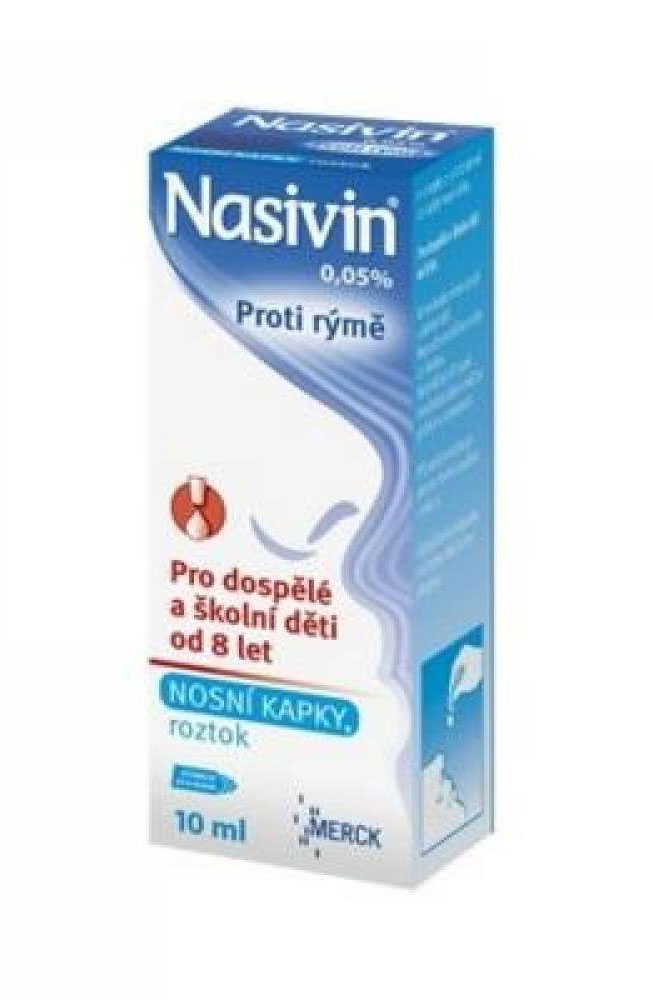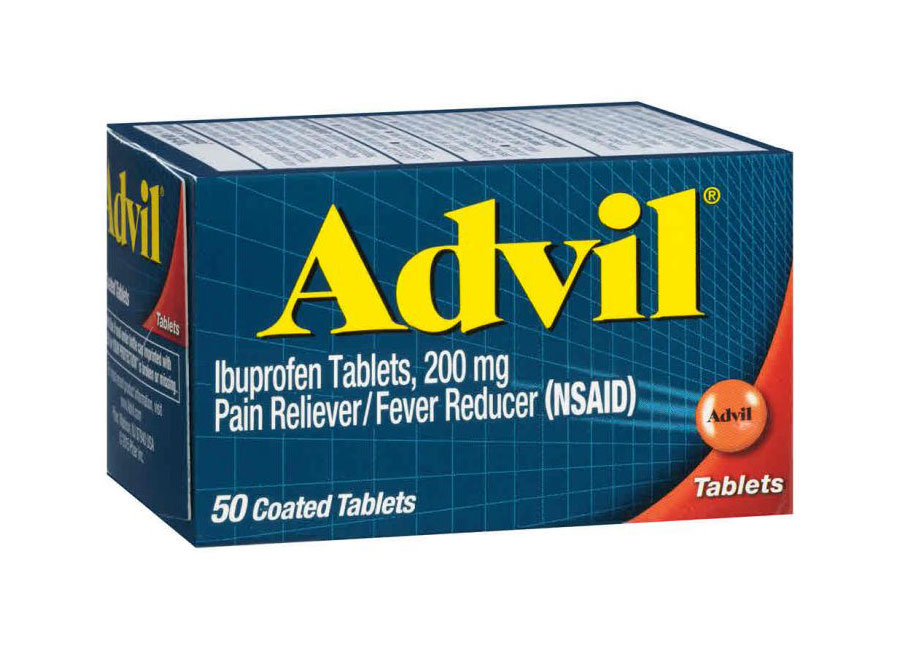Merck, Pfizer Decorate Consumer Health 'For Sale' Signs With Strong Results
This article was originally published in The Pink Sheet
Executive Summary
Merck KGAA reports 11% growth in sales of its OTC lines over a year ago, but, like Pfizer, looks to sharpen its long-term focus on the Rx business.
The two major pharmaceutical firms shopping their consumer health assets are reporting growth in the sector, supporting their pitches that the businesses are strong and could grow faster elsewhere but are on the block because they don't align with the firms' long-term outlooks.
Merck KGAAand Pfizer Inc.are looking for potential buyers for their OTC drug and dietary supplement businesses or for some of their brands. They have as potential deal partners the rest of the large pharma firms that also compete in the consumer health space as well as several companies that see the sector as their chief revenue growth driver (see sidebar).
For the third quarter, Merck reported an 11% increase in sales of its OTC products and Pfizer reported 4% growth, but those trends are not enough to retain those businesses.
During their earnings briefings, executives of both companies framed shopping their consumer businesses not as divesting drags on their overall earnings, but as freeing the already robust divisions to grow more rapidly, and also allowing the large pharmas to sharpen their Rx focus.
Merck ignited the sales discussion in September with its announcement that it is looking at selling its division marketing Nasivin OTC saline nasal sprays, Omnibionta probiotic vitamins and other brands. Pfizer added fuel to the fire a month later when it said it would shop its consumer business with Advil analgesics, Centrum multivitamins and other OTC and vitamin, mineral and supplement (VMS) brands.
Another accelerant on the expectations is the potential for GlaxoSmithKline PLC to acquire full control of the consumer health joint venture it currently operates as majority owner with Novartis AG, though the latter isn't rushing to exit the JV.

Merck KGAA makes its Nasivin nasal spray brand, available in European markets, and other consumer health product lines available.
Other recent development signaled more potential shifts in the OTC landscape. Reckitt Benckiser Group PLC made its consumer health business a separate, autonomous division, positioning it for sale or to remain the firm's only business. Acquiring additional brands also could factor in RB's consumer health plans. (Also see "Reckitt Benckiser Gives Consumer Health Portfolio Its Own Home – What's Next?" - Pink Sheet, 23 Oct, 2017.)
The potential players in deals that could change the global consumer health landscape also include pharmas that likely would be buyers and not sellers – Johnson & Johnson, Bayer AG and Sanofi– and a smaller OTC-focused competitor, US firm Prestige Brands Holdings Inc.(see sidebar).
Pfizer Again, Merck Begins
During Pfizer's Oct. 31 earnings call, CEO Ian Read said: “Although there was a strong connection between our consumer health care business and elements of our core biopharmaceutical portfolio, it is also distinct enough from our core business that there’s a potential for its value fully realized outside the company. We anticipate there will be broad interest from potential acquirers and we expect to make a decision in 2018."
Pfizer's announcement on Oct. 10 about a potential sale of its consumer business did not mark the firm's first consideration of spinning off, divesting or otherwise leaving behind the OTC drug and VMS sector. It essentially has saddled the business with a "will listen to offers" sign since adding it in its 2009 acquisition of Wyeth. (Also see "Pfizer Déjà Vu: Is It Time To Sell The Consumer Health Business?" - Pink Sheet, 10 Oct, 2017.)
Merck's plan, on the other hand, hasn’t been a recurring discussion point, but one that comes after the German firm invested steadily to beef up its consumer business. (Also see "Big Pharma Set To Compete For German Merck's Consumer Health Unit" - Scrip, 5 Sep, 2017.) Like Pfizer, Merck says exiting the consumer health sector will help its pharmaceutical earnings.
"First of all, it will allow us to more stringently focus on the health care strategic shift to become a highly innovative specialty player. So, focus on innovative pharma," said Chief Financial Officer Marcus Kuhnert during a Sept. 5 briefing for analysts about its consumer business plans.
The consumer health market offers continuing growth and expansion opportunities, but continuing to invest in the business, said Merck Healthcare CEO Belén Garijo, does not align with the firm's goals for its other major businesses, life sciences and performance materials.
"We anticipate a promising potential for rapid line extensions and some good chances for wider space expansions, mainly geographical expansions. We're also aware that our investment focus, very determined strategic focus will not allow ourselves to fully exploit those growth avenues without eventually compromising our three major strategic businesses," she said during the briefing.
Preparing for "resource constraint," Garijo added, points Merck toward cutting spending. "We believe this is the right time to prepare for that if we aim to create sustainable value in the longer-term."
On Nov. 9, Merck reported third-quarter sales for its consumer health care products grew 11% from the year-ago period with the Neurobion and Dolo-Neurobion vitamin B products and Femibion folic acid supplements as key drivers across the firm's major regions. Its overall health care business, also including Rx products, generated 5.8% organic sales growth, but with losses of 3.4% to foreign exchange and 1.2% to portfolio contraction, its reported net sales growth was 1.2% during the July-September period to €1.7bn ($1.97bn), Merck said.
Pfizer also senses the time is right while acknowledging it's not the first time the firm has eyed the market. “We have for some time been looking and seeking strategic deals for our consumer business," Read said, adding, “I think this process we’re going to take in the strategic review may shake loose more alternatives in that aspect.”
The New York-based firm's consumer health sales reached $829m during the third quarter, helping its division, "Innovative Health," grow 11% and overall revenues inch up 1% to $13.2bn, according to its earnings release.
Glaxo Takes Broad View
GlaxoSmithKline had little time to bask in the glow of third-quarter sales of Panadol pain relief brand, Sensodyne toothpastes and other consumer products growing 2% on constant currency exchange rates to £1.96bn ($2.5bn) before receiving questions about the future of its consumer JV with Novartis and about potential interest in Pfizer's or Merck's consumer brands.
The JV ownership question probably is answered by Novartis. Under the firms' 2014 JV pact, Glaxo operates the business but Merck has a 20-year put option that allows it to sell its 36.5% share after three years, as of March 2018. (Also see "Glaxo And Novartis Scratch Each Other’s Back With Consumer Product JV" - Pink Sheet, 23 Apr, 2014.)
Glaxo has made clear it's interested in turning its majority stake into the JV into sole ownership. (Also see "GSK Trims Nutritional Drink Lines, Wants All Of Its Consumer JV Pie" - HBW Insight, 27 Jul, 2017.)
Novartis, though, isn't anxious to get out of the JV. "Because we don't control that joint venture, it was very important for us when we negotiated it to control the outcome when we could exit and we negotiated a deal that gives us great flexibility," said Novartis CEO Joseph Jimenez during the Swiss firm's third-quarter earnings briefing on Oct. 24.

Pfizer added Advil and other consumer brands in 2009 and now is shopping those products as it considers leaving the consumer space again.
Waiting on selling the stake would be as good or better for Novartis. "The way that you should think about this is with a press of a button, we can turn that asset into cash," Jimenez said as analysts pressed for comment on the firm's plans.
GSK acknowledges Novartis is in the driver's seat for its JV stake, but the UK firm sees itself in the catbird seat for broader consumer health possibilities, including Pfizer's brands.
During Glaxo's Oct. 25 earnings briefing, CEO Emma Walmsley described the firm has a "a world leader in consumer healthcare" with "a demonstrated track record of successful integrations" that should be expected "to look at any assets that complement our portfolio from a power brand or geographic footprint point of view."
Still, like the firms considering offloading their consumer businesses, GSK looks first at spending for its other sectors. "Although we did talk about potentially bulking up consumer, our first focus in capital allocation was clearly around our biggest business in pharma, and R&D within that. Nonetheless, we would be looking at it," Walmsley said.
From the editors of the Tan Sheet.
